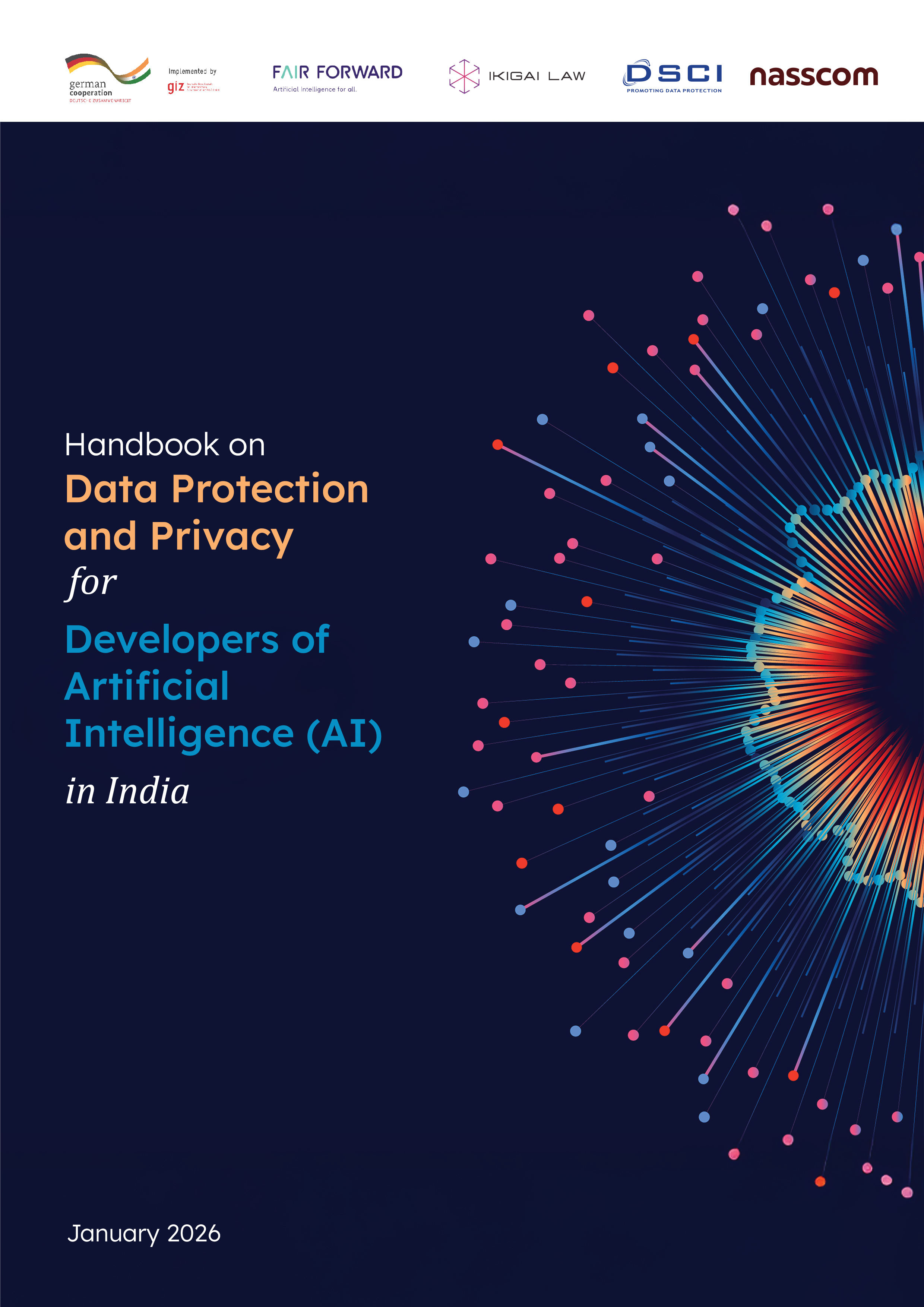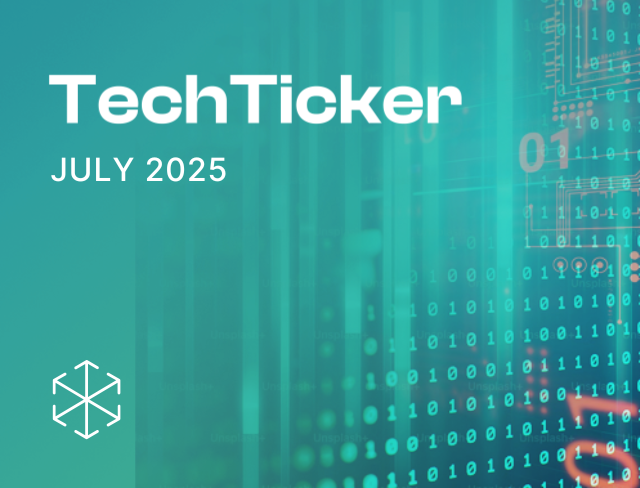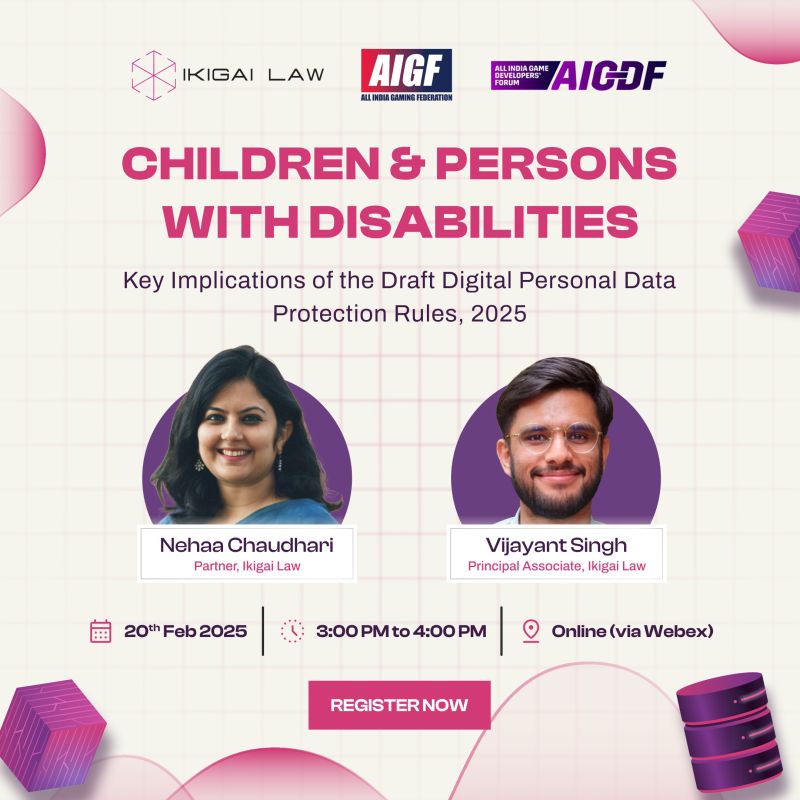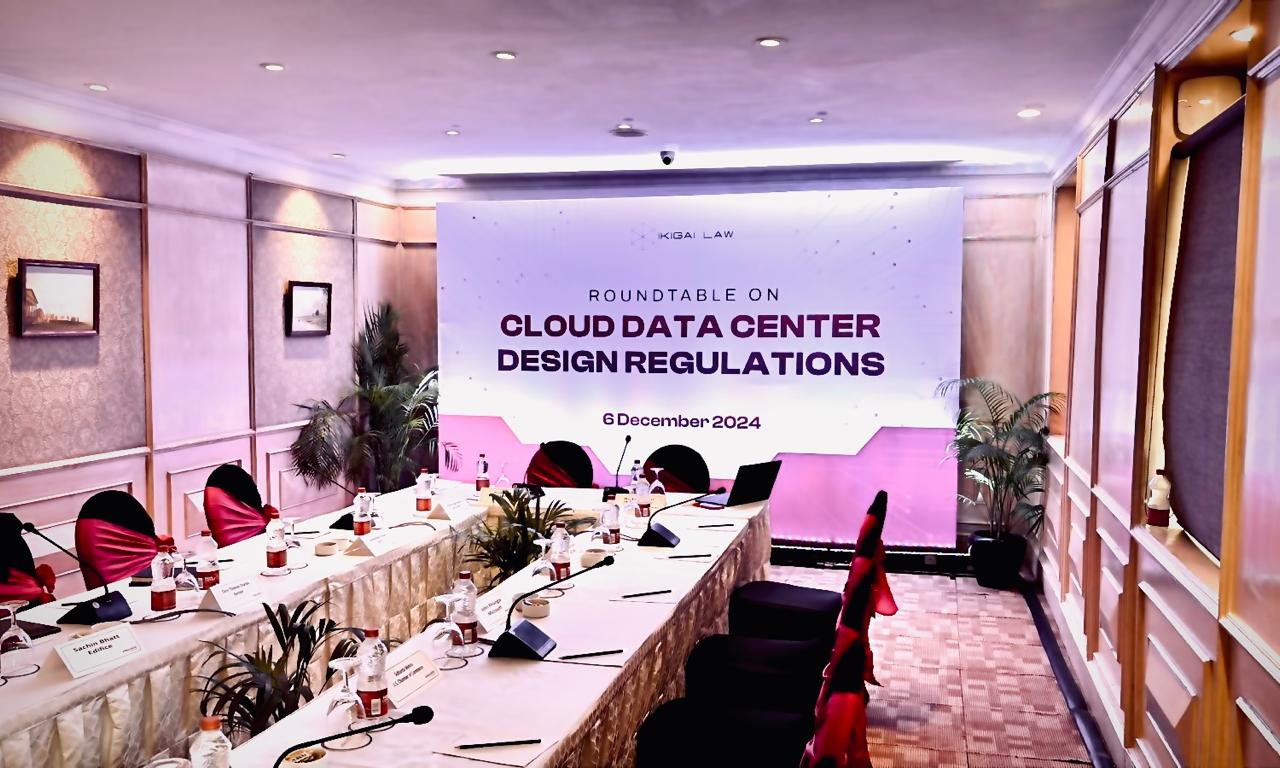Vantage Point
This is a compilation of selected posts on our LinkedIn page from October and November 2019.
Alco-tech
In a major setback for the alco-tech industry, the Karnataka High Court recently delivered a judgment deeming the online sale and delivery of alcohol illegal. A significant development for not just the liquor industry, it may inform jurisprudence on the applicability of age-old laws onto new-age tech platforms. Going by this, the Courts are more than happy to fill the gaps of anachronistic laws that do not contemplate internet platforms within their text. The petition was filed by HipBar, an app that enabled home delivery of liquor in Bangalore. HipBar had argued that it does not engage in ‘sale’ of liquor, but only facilitates the ‘sale’ of liquor. The High Court-disagreeing- stated that HipBar’s business falls squarely within the definition of ‘sale’. Under the Karnataka Excise Act, the sale of liquor is only permissible at licensed premises. On this basis, the High Court declared that the Karnataka Excise Act, 1965, does not permit online sale or home delivery of liquor- despite the absence of a specific bar. For more insights, connect with Vijayant Singh, Associate.
Artificial Intelligence
Microsoft recently found that 75% of companies have adopted or intend to adopt AI-based cybersecurity systems. However, these systems too run the risk of being biased. Largely this bias is formed due to false security assumptions where the developers may introduce bias by securing the systems only from those sources that the developers perceive as risks. In this context, Aarti Borkar, IBM Security’s vice president says “AI that is tuned to qualify benign or malicious network traffic based on non-security factors can miss threats, allowing them to waltz into an organization’s network. It can also over block network traffic, barring what might be business-critical communications.” Lack of diversity in data sets is another factor that may bias cybersecurity systems. Spam filters that are trained less on different languages or on emails with slangs and emojis may be misguided into blocking them. Such systems may also develop a tunnel vision and become incapable of identifying threats beyond what they have previously encountered. Malware are now capable of turning undetectable to generic software and hence demand AI-led technology. However, their effectivity majorly stands challenged owing to human-induced bias. Reach out to Vihang Jumle, Associate for a discussion.
Blockchain and Crypto Assets
UAE’s Securities and Commodities Authority has released its draft resolution for regulating encrypted assets on 15.10.2019 (“Resolutions”). The Resolutions seek to set standards and requirements for a wide array of market participants, including asset issuers, investors, custodians, and encrypted assets trading platforms working in the crypto asset space. The Resolutions cast a more expansive net than the 2018 Guidance – Regulation of Crypto Asset Activities in ADGM, with an emphasis on protecting investor interests through compliance of financial crime prevention measures, crypto-asset safe-keeping standards, information security controls, technology governance norms and conduct of business requirements for all market intermediaries. The Resolution sets out the documentation requirements for when crypto assets are sold in the UAE. Crypto assets issued by the government or state-owned enterprises are to be excluded from the Regulations, and the same does not cover virtual currencies approved by UAE’s Central Bank, nor securities held or administered electronically, unless they qualify as a crypto asset due to having any other features. The Regulations also do not cover activities conducted within the UAE’s financial free zones. Reach out to Darpan Singhi, Associate to know more.
Co-working
Co-working spaces should ensure that their workplaces are designed in a way to minimise the leak of sensitive information among its co-habitants. This becomes increasingly important at innovation labs populated by very early stage ventures whose businesses are still at an ideation/ developmental stage. While real-time access to on-demand networking is a boon for early stage ventures, the tightly packed, open-plan spaces, and the resultant lack of privacy, means that sensitive conversations can be easily overheard, and negligently strewn documents can give away vital business information to a third party. Co-working spaces also need to implement strict physical access protocols at their premises. From a design perspective, there should exist significant alienation between the common areas of the building from the rest of the occupied areas. This will give such co-working spaces an advantage over their rivals. For legal and policy queries on co-working, co-living and realty-tech ventures, reach out to Sayanhya Roy, Principal Associate.
Data
A government-appointed committee of experts is studying issues relating to ‘non-personal data’. The government has been thinking about requiring companies to sell anonymised or non-personal datasets to anyone looking for access, including the government and private entities. Policy makers hope that access to certain types of data, such as traffic data or illness patterns, will help make better policies. Data-access to startups is suggested as a way to promote competition. The committee (formed by the Ministry of Electronics and IT in September) is mulling over whether to hold public consultations. While personal data is heavily regulated across the globe, ‘community data’ or anonymised data has not seen much regulatory attention yet. The committee has its task cut out. Some key issues that merit consideration include: defining the scope of shareable non-personal data; understanding voluntary data marketplaces and the need for regulatory intervention; and examining benefits of open data in government planning. Considerable traction is expected on this front in the coming months. For a discussion, please reach out to Sreenidhi Srinivasan, Senior Associate
Digital Economy
The digital nomad life is quickly becoming a characteristic of the millennial lifestyle. The digital nomad lifestyle allows persons to travel freely while freelancing from remote destinations. It also allows for a value addition to the local economy, while also boosting the local tourism industry. One of the countries that has taken a serious note of the changing landscape is Estonia. Estonia is set to become one of the first countries to offer a dedicated visa facility to freelancers and entrepreneurs. The ‘Digital Nomad’ visa is expected to bring in 1,400 workers to Estonia and help develop the country’s economy and tourism industry. India has been attempting to increase tourist footfalls and has simplified the process for tourist visa application. Offering a ‘Digital Nomad’ visa would provide a strong impetus to the domestic tourism market. Such a visa should of course have adequate limitations and protections built in so as to prevent its misuse. Digital nomads typically work individually on assignment basis, and would not add to domestic un-employment concerns. They may be taxed as Indian residents (depending on the duration of their stay). Even otherwise, they may still contribute to the local economy, just as a tourist would do. Connect with Darpan Singhi, Associate for a discussion.
Online content
Can and should Netflix content be regulated through certification like Bollywood? The ministry of information and broadcasting (Ministry) may implement certification of online content. This begs the question of whether certification is necessary? The point of certification was to prevent ‘public exhibition’ of particular content, i.e. broadcast of television shows and public screening of films. But people watch Netflix on a personal device through their own choice (on demand) because unlike a TV Show, the content on Netflix is not broadcast to the world at large. Secondly, users sign up to a subscription after expressly agreeing to the conditions associated with watching such content, through the Netflix terms of use. However, the Delhi High Court (Super Cassettes v CBFC (2010)), has held that even if people watch movies in private, they still do it as members of the public and so such viewing is ‘public exhibition’. But does this also apply to Netflix original shows which are restricted to Netflix subscribers only? Do Netflix subscribers qualify as the public? If so, can and should the Ministry decide what people watch in the privacy of their homes? Touch base with Ila Tyagi, Associate for a discussion.
A lot has happened in India’s efforts at regulating online content in the last few weeks. The Ministry of Information and Broadcasting has held the first of its stakeholder consultations on the regulation of curated content streaming platforms in Mumbai. They will hold further consultations in Chennai and New Delhi and are likely to issue a ‘negative list’ of don’ts by the end of the year. Minister of I&B Prakash Javadekar also remarked on the absence of a Press Council like body for online news portals. Meanwhile, the Ministry of Electronics and Information Technology finally submitted its affidavit to the Supreme Court in the WhatsApp traceability case. It has said that work is underway on the new Intermediary Guideline Rules and they are likely to be ready for notification by January 15, 2019. Issues in the universe of online content can be broadly categorised into three broad buckets of curated content, user generated content and misinformation/fake news. Often there are overlaps in these as well. With MeitY and MIB both moving towards new regulations, sparks are bound to fly in the new year. Reach out to Aman Taneja, Senior Associate, for a discussion.
Privacy
Last year, the Ministry of Home Affairs’ order on ‘lawful interception, surveillance, and decryption of information’ (see https://lnkd.in/fUWuE_9) created quite an uproar among privacy advocates in the country. Although the Order was duly issued under the IT Act 2000 and the Telegraph Act 1885, it was criticized on several grounds including breach of the right to privacy christened as a fundamental right by the SC in KS Puttaswamy v. Union of India (2018). The decision of the Bombay HC in Vinit Kumar v. CBI last month added some new parameters in line with this discussion. In this case, the court was dealing with the interception of telephonic conversations and held that the same is protected under the right to privacy. In a simple textbook reading of the Telegraph Act 1885, the court further stated that the interception of telephone calls is permitted only in case of “public emergency” or in the “interest of public safety”. As neither the occurrence of public emergency nor the interest of public safety are secretive conditions and would be apparent to a reasonable person, the judgment ensures that the arbitrary power of the state is kept under check. Reach out to Tuhina Joshi, Associate for a discussion.
Officials from the US, UK and Australia have written to Facebook asking it to design encryption across its messaging services in a manner that ensures law enforcement access to the “content of communications”. Part of a rising global trend of governments advocating for access to such communications, the Letter indicates that they are also willing to synchronize their efforts. Yet there remains a lack of alignment within the manner and method with which governments seek to gain such access. For instance, Australia recently passed a law that many believe requires companies to create “systemic weaknesses” in their products, to allow for so-called ‘back doors’. Further, while UK law enables decryption, its government also mooted allowing law enforcement to ‘sit-in’ on communications. The Indian government, on the other hand, released draft guidelines that propose traceability of messages. The apparent global current of undermining encryption may be limited by the plurality of means available to do so. As such, the Letter and consequent signing of a data access agreement between the US and UK may have a limited impact in India, where the Courts (and the government) are yet to decide upon how to tackle this issue. Touch base with Vijayant Singh, Associate for a discussion.










